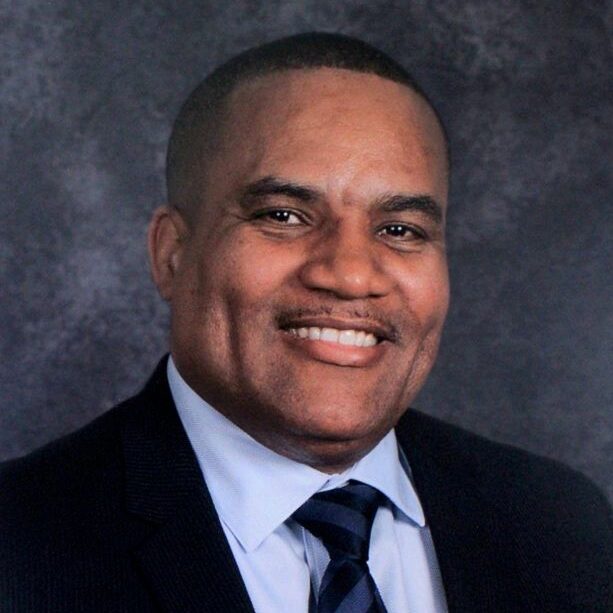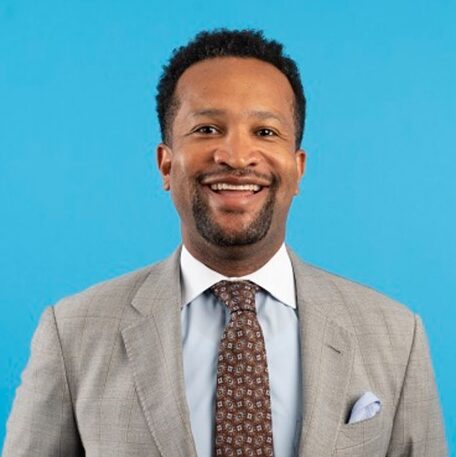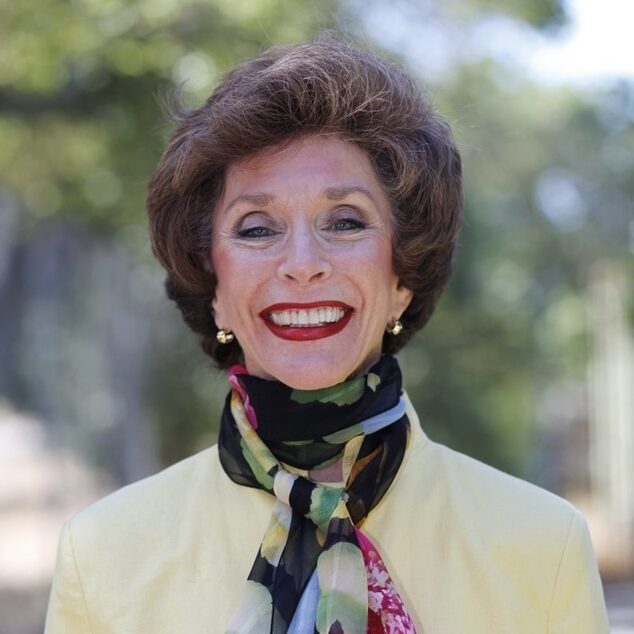
03:00 - 04:30 pm
EdTech: How School Leaders Are Leveraging Technology to Accelerate Student Learning

During this webinar, part of our Learning Loss Recovery Challenge series, Griselda Young-Ojeda, Professional Learning Consultant with Imagine Learning, moderated a discussion of school district leaders and their partnering executives of edtech companies, including Darin Brawley, Ed.D., Superintendent, Compton Unified School District with Jessie Woolley-Wilson of DreamBox Learning; Monica Jordan, Program Director, Office of Academics, Shelby County Schools with Michael Lombardo of BookNook; and Barbara Nemko, Ph.D., Superintendent, Napa County Office of Education with Ilene Rosenthal of Footsteps2Brilliance. The compelling exchange of ideas among these experienced educators and business leaders explored how high-tech and high-touch solutions are being deployed across school systems and communities to enable a rapid and large-scale response to the achievement gap that is growing significantly as a result of the pandemic. Panelists also discussed their specific and intentional strategies to support parents in ensuring the successful use of edtech tools.
GLR Learning Tuesdays began in the new year with a series on teacher voices expressing the challenges and solutions for ensuring continuity of student learning during the pandemic. In last Tuesday’s session, Young-Ojeda reflected the teacher voice by framing the discussion based on her experience as both an elementary school teacher implementing technology-based systems in her bilingual classes and her shift into becoming an edtech professional learning consultant. She asked each district leader to share the factors that went into their selection of edtech instructional support programs and how teachers are supported in implementing these tools. The superintendents and academic director on the panel also shared how and why they made the decision to implement these programs throughout their systems to advance learning for all students.
Nemko shared the vast need for early learning support across Napa County and her discovery of Footsteps2Brilliance (F2B) as an effective tool to build early literacy skills. Participants learned how Nemko and her colleagues were able to reach a large majority of Spanish-speaking families across rural and suburban regions with F2B’s bilingual early reading tools. In Shelby County and Memphis, Tennessee, the district began using BookNook well before the pandemic as a tier III intervention (phonemic awareness, phonics and word study, reading comprehension, vocabulary, fluency) in select K–5 schools. Jordan shared how the district’s partnership with Methodist LeBonheur Healthcare & Urban Child Institute and local community-based organizations enabled a quick pivot to distance learning during the pandemic. Activities included the distribution of 95,000 devices and the deployment of BookNook in 40 elementary schools, reaching 7,000 of the highest-need students. The Compton Unified School District is leveraging multiple edtech partnerships and tools, and Brawley discussed how his EdTech Department is managing the deployment of tools for all students, including DreamBox Learning focused on building math skills. Brawley shared the results they are achieving with K–5 students gaining one full grade level after completing five DreamBox lessons, thanks in part to extensive and collaborative professional development for teachers.
After learning about the district leaders’ decisions and strategies for implementing edtech, we had learned more about each of the innovative instructional support tools they highlighted from their partnering executives of the edtech companies behind the technologies. Rosenthal discussed the “turnkey collective impact model” for improving kindergarten readiness that Footsteps2Brilliance provides by engaging families, enabling collaboration and providing professional development. Lombardo emphasized the role of remote tutors who work with students one-on-one or in small groups using the BookNook literacy resources. Pushing this idea of the student support system a bit further, Woolley-Wilson encouraged us to think of each student as having “learning guardians” — whether this is the parent, teacher, tutor or others — who are committed to supporting their achievement and explained how DreamBox Learning provides a platform for collaborative instruction and assessment of students’ progress in math.


 All Events
All Events





